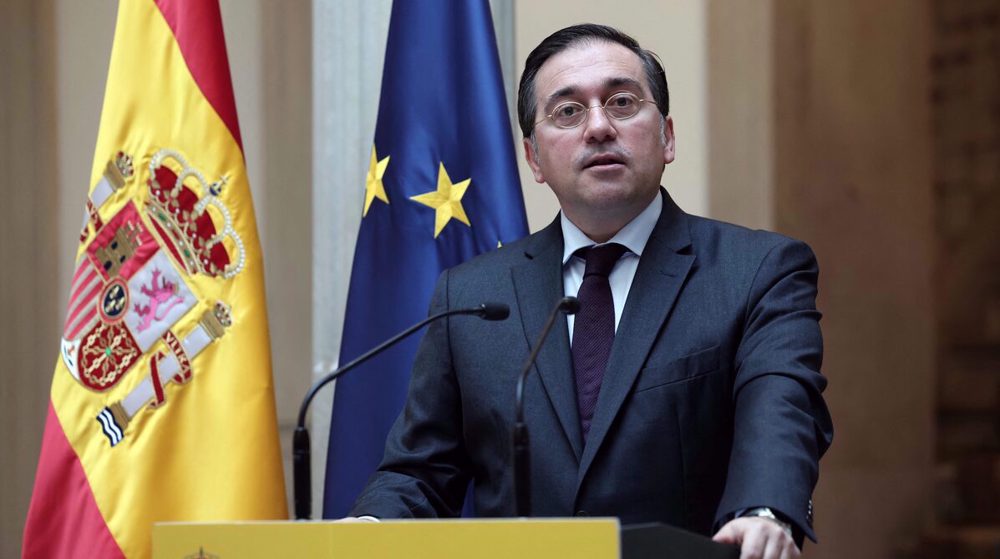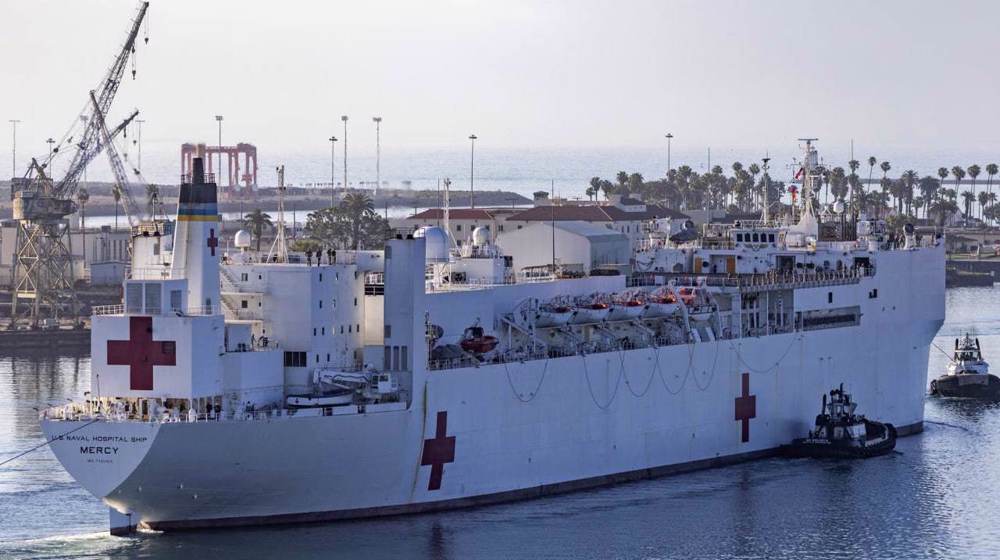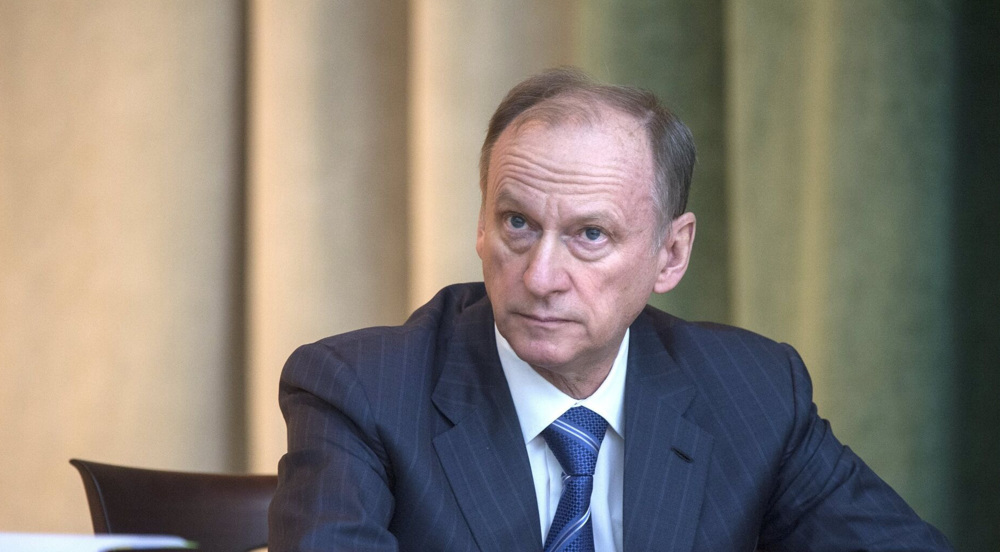EU to launch controversial border force plan
The European Union (EU) is set to unveil on Tuesday controversial proposals for a new border and coastguard agency in a bid to curb the record influx of refugees into the continent.
The European Commission said on Tuesday that it will propose a new military force consisting of at least 1,500 armed troops aimed at slowing the record flow of nearly one million refugees and asylum seekers to Europe this year.
According to reports, the planned force will be granted powers to intervene even when the host country does not consent.
“In urgent situations, the Agency must be able to step in to ensure that action is taken on the ground even where there is no request for assistance from the Member State concerned or where that Member State considers that there is no need for additional intervention,” said a draft of the proposal according to AFP.
The plan also stipulates that the EU could send in teams of guards in case of a surge at a particular border, or where a member state has a “deficiency” in the management of its borders and fails to respond to warnings from Brussels, the de facto capital of the EU.

The plan is being drafted by the European Commission, the powerful executive arm of the EU and, is supposed to replace the EU’s unarmed Frontex agency.
‘Diktat-based takeover’
Some member states in the 28-nation EU see the powers a violation of their national sovereignty and are already hostile to the plan.
Hungarian Foreign Minister Peter Szijjarto deeply criticized the proposed plan saying, “I would not support a diktat-based takeover of border controls,” Mr. Szijjarto said, emphasizing that border controls were part of national sovereignty.
Poland, for its part, said it will fight any move to send in EU border guards without its approval.
Polish Foreign Minister Witold Waszczykowski slammed the proposal on Monday, saying that the replacement of Frontex “by a structure that is independent of member states is shocking,” while adding that the proposal “would mean that this would be an undemocratic structure, not controlled by the member states.”
“There’d be an undemocratic structure reporting to no one knows who,” he also said, adding that strengthening Frontex “is necessary in every sense.”
Several EU countries in the past weeks and more recently Germany reintroduced temporary border controls to cope with the refugee crisis.

There were fears in the European Commission that if those controls become permanent, the 26-country Schengen zone, which ensures the EU’s freedom of movement, would collapse, and in turn would bring down the idea of a single, united Europe.
Despite resistance by member states, the European Commission said it is “confident” its new coastguard and border plan will be adopted by EU leaders who will meet in Brussels on Thursday and Friday. Officials have not revealed whether or not a vote would take place on the plan.
The plan, however, still needs the approval of EU governments and the European Parliament for it to be enforced.
EU refugee crisis
More than 924,140 refugees have reached Europe’s shores so far this year while more than 3,670 people have either died or gone missing in their perilous journey to the continent, according to recent figures released by the International Organization for Migration (IOM).
Germany, Europe’s top destination for refugees, is expecting to receive around one million asylum seekers, who are mainly from conflict-hit zones in the Middle East and Africa.
Divisions among European countries over how to deal with the refugees remain; while a few European leaders support an open-door refugee policy, others prefer controlling the external borders of the EU, deporting more people and paying third countries to keep asylum seekers on their soil.
UK engaged in 'systematic' suppression of pro-Palestine voices: Report
Hundreds of Greeks protest US warship arrival in Crete
Iran warns Trump against decisions based on false information
Iran embassy rejects 'fabricated' French reports on domestic affairs
Trump’s military buildup against Iran on Netanyahu’s behalf is a gambit doomed to fail
Iran dismisses US 'big lies' on nuclear, missile programs
CIA‑founded NGO admits deploying Starlink satellites for Iran riots
VIDEO | French comedian targeted by Rothschild and Epstein for his shows on Palestine

















 This makes it easy to access the Press TV website
This makes it easy to access the Press TV website